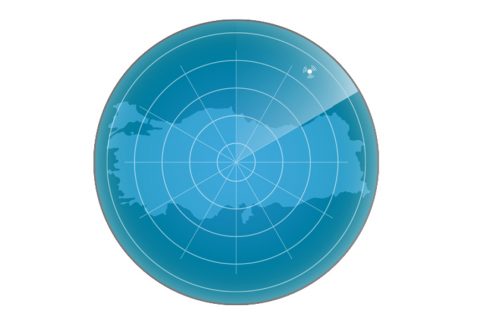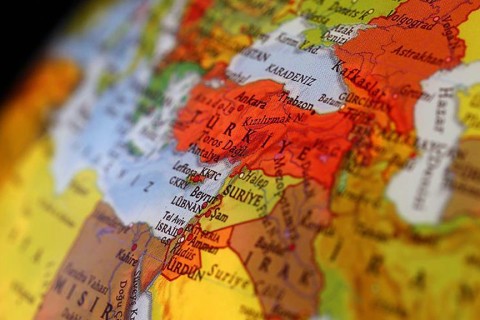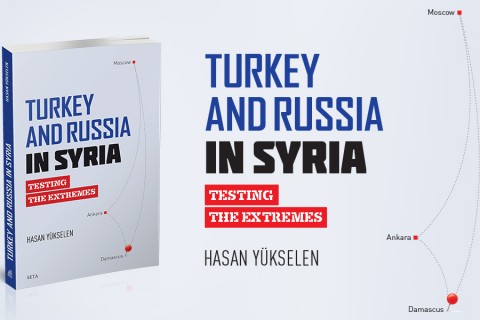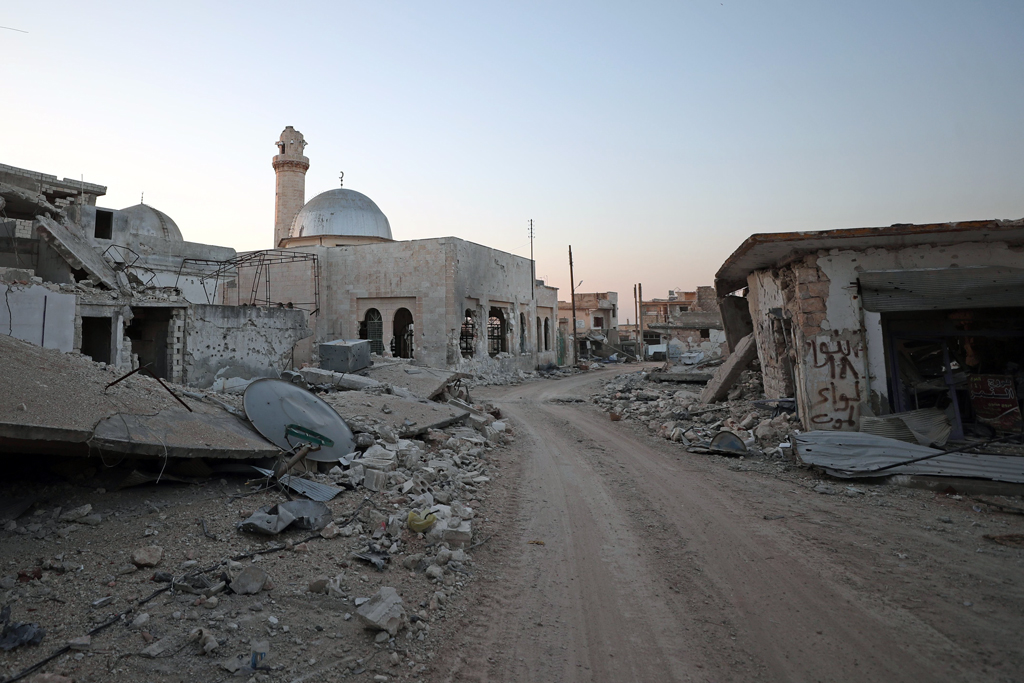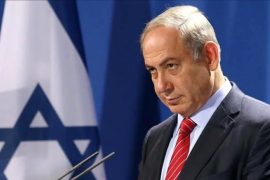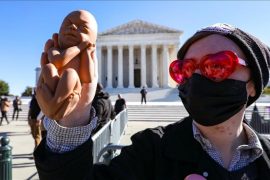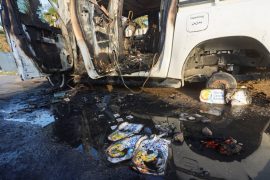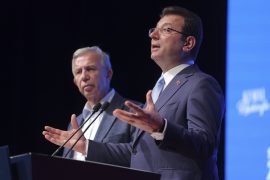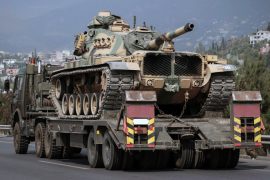Syrian Crisis
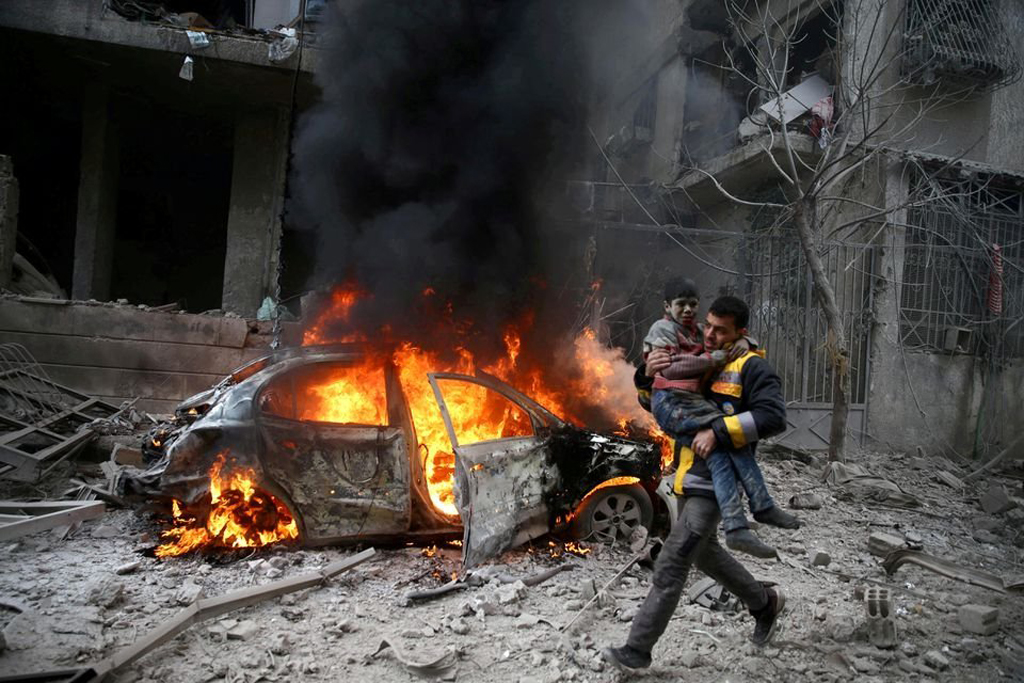
The Middle East in 2022: A fly in amber
| OpinionAlthough the Middle East is the most geopolitical, geostrategic, geoeconomic and geo-cultural region in the …
-
Policy Report
SETA Security Radar | Turkey’s Security Landscape in 2021
By Murat Yeşiltaş By Bilgehan Öztürk By Rıfat Öncel By Murat Aslan By Ömer Özkizilcik By Ferhat Pirinççi By Fatma Nur Günay By Assala Khettache By Batu Coşkun By Sibel DüzStrategic Flexibility under Geopolitical Anxiety
-
Opinion
Arab Spring: A flashback to past 10 years
By Burhanettin DuranThe wave of democratization, which began with the Jasmine Revolution in Tunisia, took down the authoritarian leaders of Egypt, Libya and Yemen. Whereas the uprising in Bahrain was crushed thanks to Saudi Arabia’s military intervention, Iran and Russia ensured the survival of Bashar Assad’s regime in Syria.
-
Book
Turkey and Russia in Syria | Testing the extremes
By Hasan YükselenThis book will answer the key research question of which characteristics (changing or enduring) of the Syrian War caused Turkey and Russia to oscillate between the extremes of war and alliance.
Bu Konuda Daha Fazla
-
Can EU be part of the solution for refugee...
By Burhanettin DuranThe March 5 agreement between Turkey and Russia put an end to the military confrontation in Idlib, Syria. President Recep Tayyip Erdoğan and his Russian counterpart, Vladimir Putin, shook hands on that deal to de-escalate what had become serious bilateral tensions. The 2018 Sochi agreement has thus been updated.
-
Europe’s reaction to the new refugee influx
By Muhittin AtamanTurkey has been the main supporter of the Syrian opposition fighting the Bashar Assad regime. Ankara has also diligently protected innocent Syrian civilians living in the Idlib region. It has stood against the atrocities, the Assad regime attacks and the regime's main backers Russia and Iran. On one hand, Turkey has mobilized its deterrent military power in the region against the regime’s future attacks; on the other hand, Turkish officials and civil institutions initiated a campaign to provide food and shelter for civilians. Western countries have been reluctant to get involved in the humanitarian tragedy and security problem in the region.
-
The Moscow agreement is fragile at best
By Talha KöseAfter a six-hour meeting between leaders and technical committees, President Recep Tayyip Erdoğan and his Russian counterpart announced a cease-fire for Syria's Idlib. During the meeting at the Kremlin, the presidents gave short speeches. The whole world followed the process as the decisions could trigger an escalation in violence while intensifying the humanitarian crisis unfolding in Syria. Turkey and Russia both wanted to end the civil war but were unwilling to concede their positions. For both Turkey and Russia, bilateral relations were at stake as well.
-
Europe, US unable to grasp Syrian refugee crisis in...
By Yusuf ÖzkırSince the outbreak of the Syrian civil war in 2011, Turkey has faced the gravest problems in the region regarding security, economics and refugees. That picture has not changed. At every turn, a new wave of issues knocks on Turkey’s door. That Europe and the U.S. have not taken initiatives required for a political transition in Syria is a major factor in this. Another leading cause is Russia’s desire to solve the crisis through military force. From the outset, Russia has deployed a course of destruction called the 'Grozny model." It is a policy consisting of three stages: besiege, destroy and rule. Russia has implemented this formula in many areas, particularly in Aleppo, which has wreaked extensive destruction and killed thousands of civilians.
-
What to do now in Idlib?
By Burhanettin DuranLast week’s agreement between Turkey and Russia established a new deconfliction plan and demonstrated that the two countries were united in their commitment to the Astana and Sochi processes. Even more important was their ability to stop the clashes in Idlib and preserve the framework of their bilateral relations.
